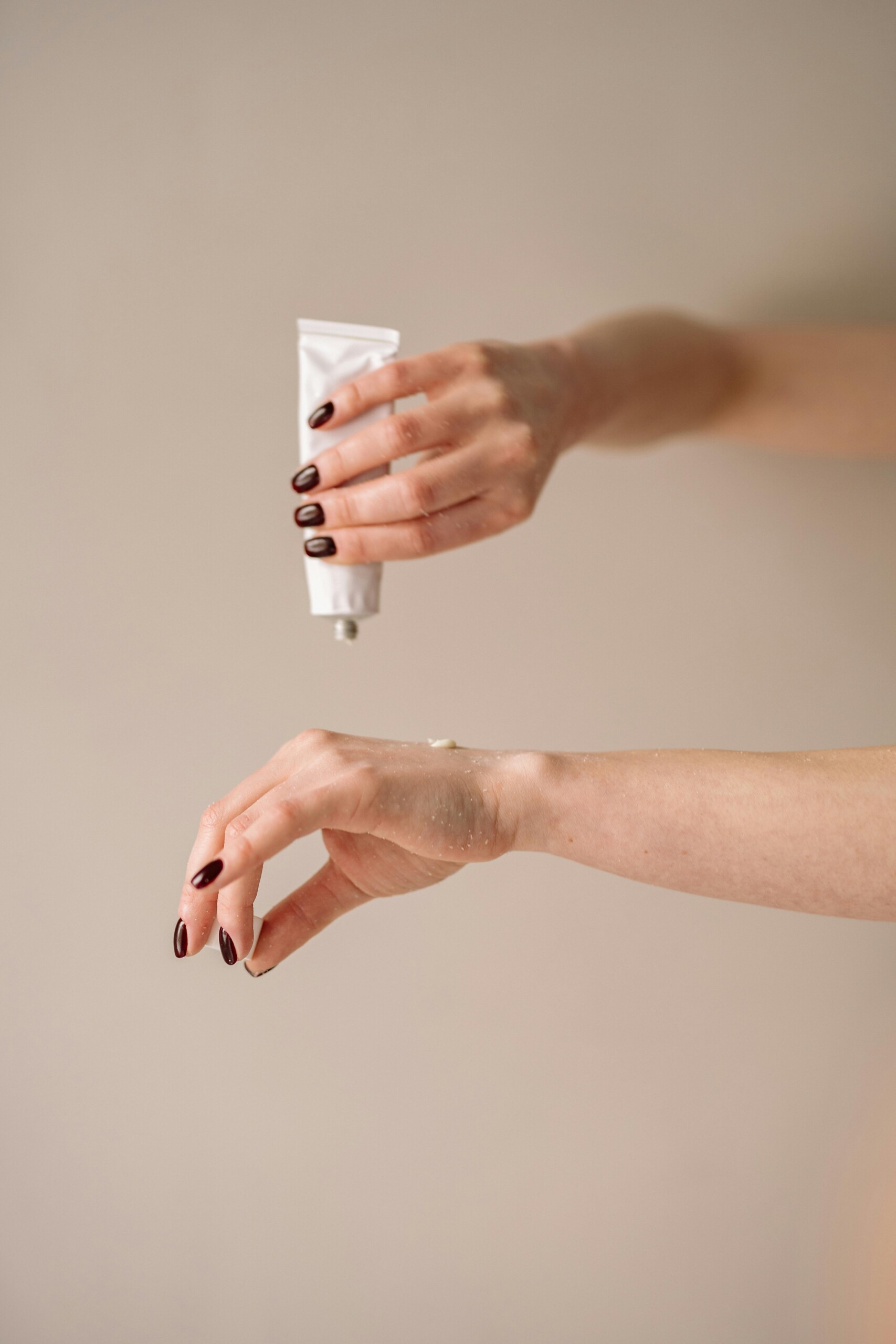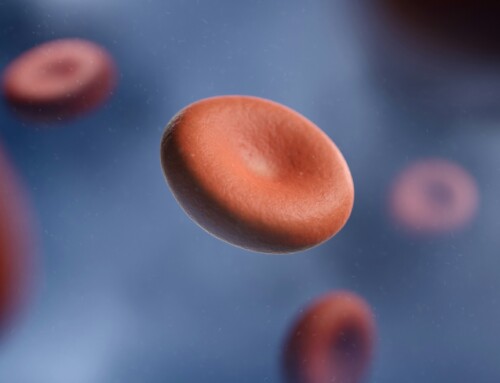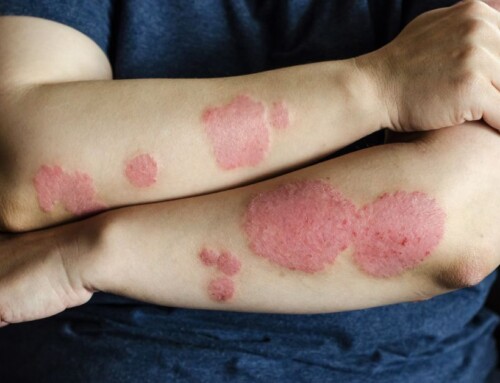Share
Author
Kohei Iguchi
Share
TSW… Is it real?

The short answer is… Yes!
Topical Steroid Withdrawal (TSW) can be a really challenging journey, and we’re here to help you understand it better. This condition is an intense rebound effect that can happen when someone stops using topical steroids, often after a long period of use for conditions like eczema.
There are many doctors and other medical professionals who are still skeptical about TSW. But in reality, the UK Medicines and Healthcare products Regulatory Agency (MHRA) officially recognised TSW reactions back in 2021 (you can find the link to the Review of evidence published by MHRA at the end of this post). This has been updated again in 2024, and there has been big push to educate both practitioners and the public about TSW reactions, which is now included in the patient information leaflet found in all tubes of topical steroid.
So why is your doctor shrugging you off when you ask about TSW as you point at the TikTok influencer who shared their horrific tale of long term steroid use? Well, the problem could precisely be this – while there are over a billion views of #TSW on TikTok, it is also well-known that doctors are not yet convinced that TSW is a real thing. If that is the case, true TSW-sufferers may not seek medical advice (why would you if you are just going to be dismissed?), which means that doctors are not seeing the true number of patients who are going through withdrawal.
Another possibility is that doctors are simply bombarded with updates about diagnostics, treatment strategies, pharmaceuticals and technology ALL THE TIME! It could be the case that the information about TSW from MHRA has not reached every doctor across the globe.
The accurate number of true TSW cases can also be argued. The diagnostic criteria to determine whether a patient is suffering from TSW is not quite established yet, and we also have to acknowledge that there are many people speaking out on social media who have self diagnosed themselves. So the number of TSW sufferers we see on social media are probably… exaggerated.
But it doesn’t take away from the fact the TSW is, and slowly becoming, a recognised medical condition, and I have treated many in my clinic. It can feel incredibly debilitating, and we want you to know you’re not alone if you’re experiencing it.
How Do Steroids Affect Your Skin?
To really grasp TSW, let’s first look at how topical steroid creams work. Our bodies naturally produce a hormone called cortisol, which has anti-inflammatory properties. While it’s mainly made in our adrenal glands, there’s also evidence that our skin cells produce it too!
Topical steroids contain a stronger version of this anti-inflammatory power, called cortisone. When you apply these creams, they work by:
- Calming Inflammation: They bind to specific receptors in your skin cells, essentially telling your body to turn down the inflammatory response and ramp up the anti-inflammatory one.
- Reducing Blood Flow: They also constrict blood vessels, which limits the flow of inflammatory cells and chemical messengers to the affected area.
While helpful in the short term, prolonged use of these powerful creams can lead to some significant changes in your skin and body.
The Effects of Long-Term Steroid Use
When steroid creams, particularly moderate to very potent creams are used over a long period of time, your skin can become dependent on topical steroids. When you stop using them, your body might struggle to regulate inflammation on its own, leading to a rebound effect. Here’s what can happen:
- Desensitization: Your body can become less responsive to the steroids, meaning you need more and more to achieve the same effect.
- Reduced Natural Cortisol: Your skin cells might produce less of their natural anti-inflammatory hormone, leaving your skin more vulnerable.
- Dilated Blood Vessels: Your blood vessels can become more dilated, increasing inflammation.
- Skin Thinning: The skin can thin over time, making it more prone to dryness, sensitivity, and inflammation.
While topical steroids are usually the main cause, oral steroids can also contribute, especially if used alongside steroid creams.
Recognizing the Signs of TSW
TSW can manifest with a range of challenging symptoms. If you’re experiencing any of these, it’s crucial to seek professional support:
- Intense Itching: This is often lead to significant discomfort, flaking and shedding of skin, and even bleeding and weeping.
- Widespread Redness: Your skin might become severely red, sometimes with distinct outlines, leaving a hallmark sign if TSW called “red sleeves” on your arms.
- Body temperature dysregulation: You may experience flushing or chills unexpectedly.
- Sleep Disturbances: The discomfort can make it incredibly difficult to get a good night’s sleep.
- Tremors: Hold out your hand and try to hold them steady – you may find it difficult to keep your hands from trembling.
- Burning Sensations: A persistent burning feeling on the skin is common.
- Anxiety and Low Mood: The physical toll of TSW can significantly impact your mental well-being.
- Fatigue: Dealing with chronic skin issues can be exhausting.
- “Elephant Skin”: Your skin might become thickened and lose its elasticity.
- Extreme Dryness and Flaking: Significant dryness, peeling, and shedding of the skin are common.
- Weeping Skin: Affected areas might weep or ooze.
- Hair Loss: Some individuals experience hair loss.
Because steroid use can also affect your adrenal glands, you might also experience other signs of adrenal stress, such as dizziness when standing, low blood pressure, salt cravings, body aches, and low libido.
Finding Support and Healing
We understand that the physical and mental burden of TSW can be immense. The healing process can take months or even years, and it’s a journey that requires immense patience and support. It’s common for individuals with chronic conditions like TSW to experience mental health challenges, including depression and anxiety, due to the impact on their daily lives and social interactions.
At Waterwell Clinic, we believe in a comprehensive approach to healing. We emphasize close monitoring and support from a team of health professionals, which can include therapists, and your loved ones. We’re here to offer guidance and a safe space for you to navigate this challenging time.
If you suspect you’re experiencing TSW, or if you’re looking for supportive, holistic approaches to managing your skin health, we encourage you to reach out. And don’t forget to report your TSW symptoms to the right authorities so that you can contribute to the growing recognition of this debilitating condition (see link below)!
Links
MHRA – Topical steroid withdrawal reactions: a review of the evidence
Report adverse reactions to medicines in New Zealand
Are you or a loved one struggling with symptoms similar to TSW? We’re here to help you explore holistic pathways to healing. Feel free to contact us for a consultation.



